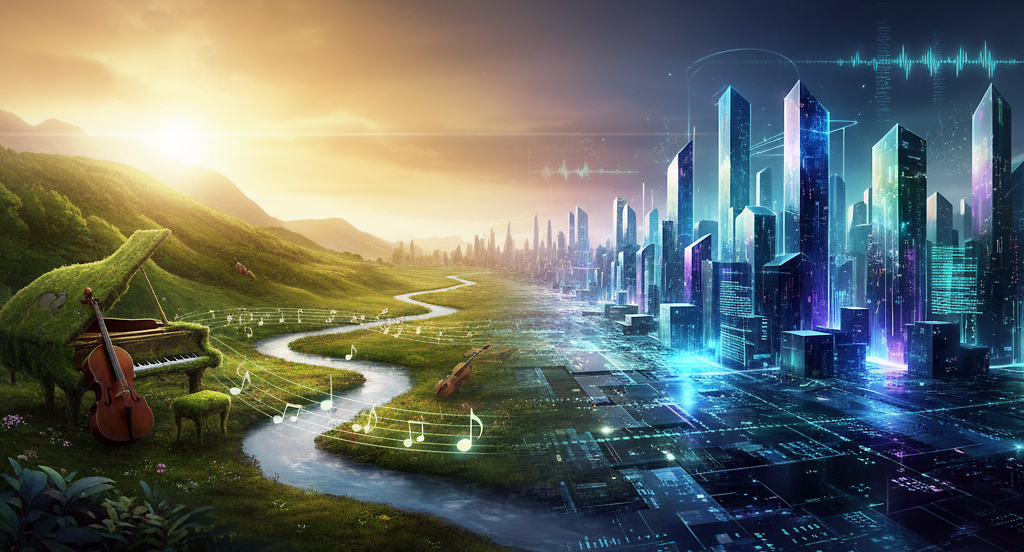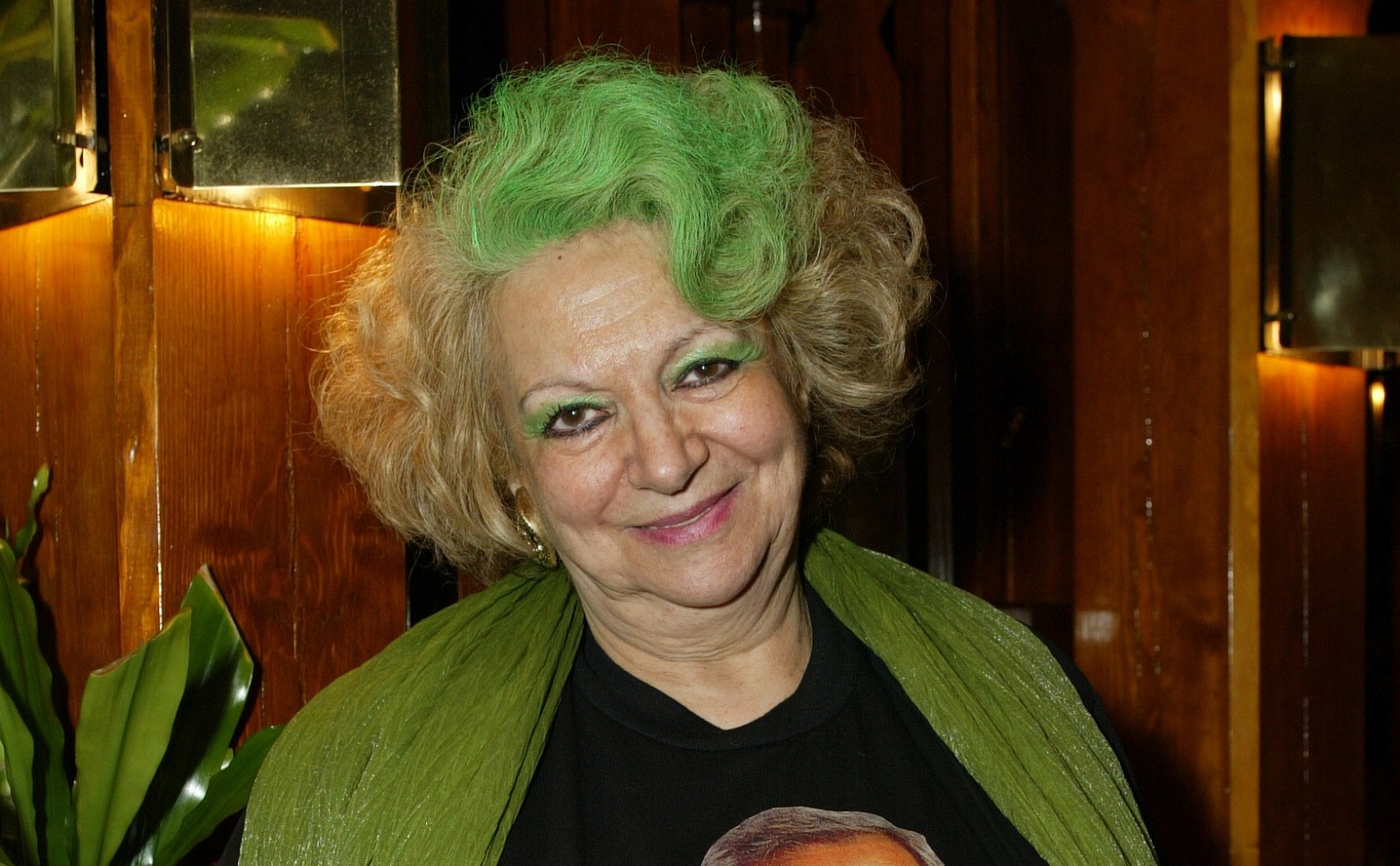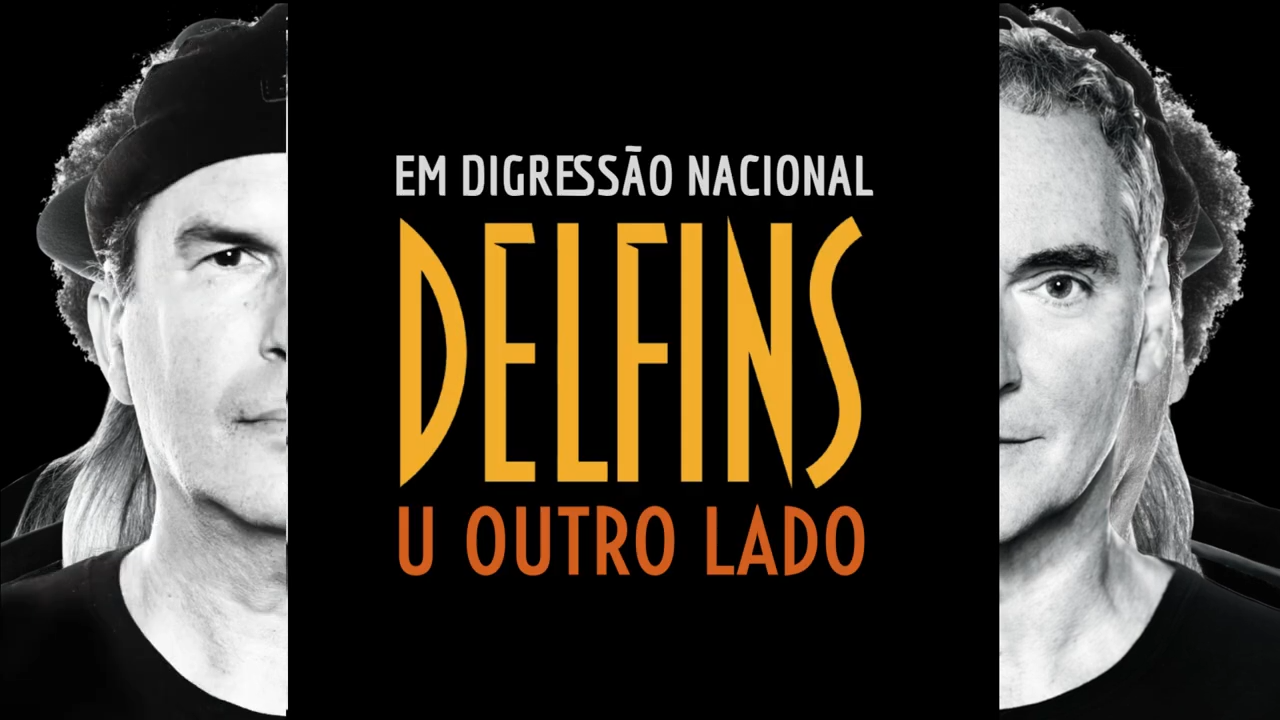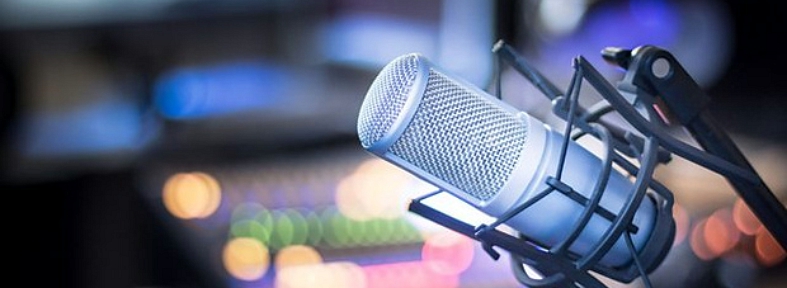Artificial Intelligence (AI) has moved from being a science fiction concept to a transformative force across various sectors, and the world of music is no exception. Today, advanced algorithms are capable of composing melodies, harmonizing tracks, and even generating lyrics in varied styles, raising profound questions about the future of musical creation. This article explores the growing intersection between music and AI, examining its impact and the debate over the potential replacement of human singers and artists.
AI is already being employed in several stages of the music production process. Tools like OpenAI’s JukeBox or Amper Music can create personalized instrumental tracks in a matter of seconds, serving as a powerful utility for sound designers, content creators, and even independent musicians seeking quick backing tracks. AI not only speeds up the process but can also suggest new progressions and textures that a human composer might not consider, expanding the scope of creative possibilities.
In the field of sound engineering, the impact is equally significant. Mastering and mixing algorithms are becoming increasingly sophisticated, capable of optimizing the final sound of a recording with a precision and consistency that rivals experienced engineers. These systems can analyze thousands of reference tracks and apply dynamic, equalization, and compression adjustments, democratizing access to high-quality production.
One of the most controversial areas is vocal synthesis. With audio deepfake technology, AI can clone the voices of existing singers, allowing “new” songs to be released with the voice of deceased artists or covers to be generated with voices identical to the originals. This capability raises serious questions of copyright, ethics, and artistic authenticity, forcing the industry and legislators to re-evaluate the definition of vocal intellectual property.
The main fear that looms is the potential replacement of singers and bands. It is undeniable that AI can replicate vocal technique and instrumentation with perfection. It can simulate the vibrato of an opera diva or the riff of a legendary guitarist. However, music, at its core, is a human expression of emotion, experience, and vulnerability. A song about love, loss, or protest only resonates deeply because it stems from a real life.
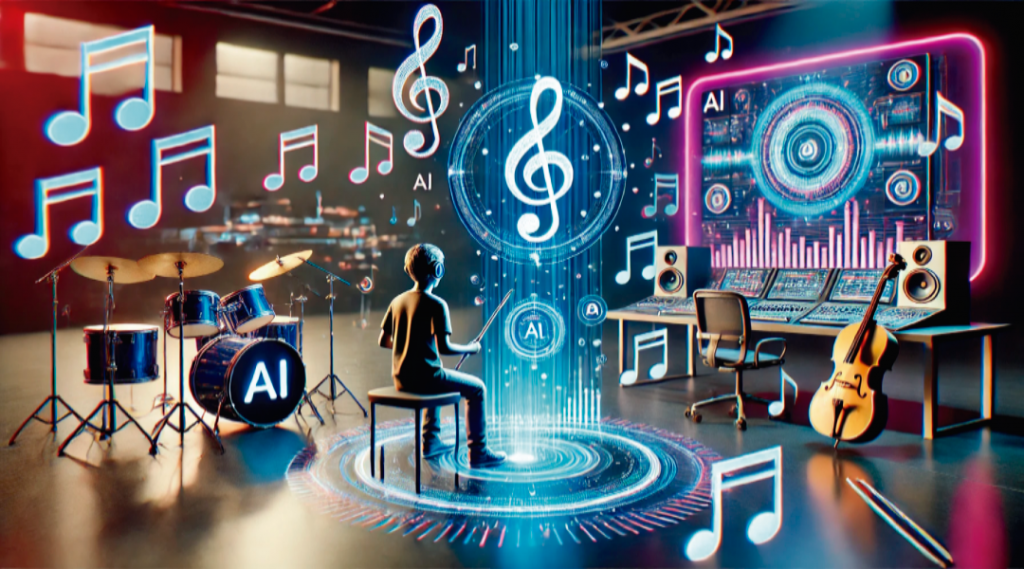
AI is a pattern machine. It learns from a vast dataset of existing music. Its “creativity” is, for now, limited to recombining and extrapolating what has already been done. True artists, on the other hand, bring the element of unpredictability, the soul, the life experience that results in that unique and unrepeatable moment of inspiration that defines a classic. It is the flaw, the break in the voice, the raw emotion that connects with the audience.
Therefore, the most realistic perspective is not one of replacement, but of collaboration. Human artists can use AI as a powerful muse and assistant, a high-tech digital paintbrush. AI can handle the tedious and repetitive tasks, such as orchestration or loop creation, freeing up the artist’s time to focus on what is essentially human: artistic vision, emotional interpretation, and lyrical composition.
The coexistence of AI-generated music and human music will bring about new art forms. We may see the emergence of “musical cyborgs,” bands that integrate human musicians with AI instruments or composers, creating a new hybrid genre. The challenge for the industry will be to ensure transparency, so the public knows what they are hearing: an organic creation, an AI-assisted composition, or a complete simulation.
Ultimately, the value of music lies not only in its technical perfection but in its ability to communicate and evoke feelings. No matter how much AI advances, the human desire to connect with the story and voice of another human being through a song will remain. Music is a performative and social art; the live concert, the exchange of energy between the artist and the crowd, is something AI cannot replicate.
Artificial intelligence is, without a doubt, the next great revolution in music, but instead of fearing its arrival, we should embrace it as a new instrument. It will redefine what it means to be a “musician” and a “composer,” but it will not extinguish the need for human artistry. True singers and bands will continue to thrive because they offer something the algorithm, no matter how clever, cannot replicate: the unmistakable mark of the human experience.

